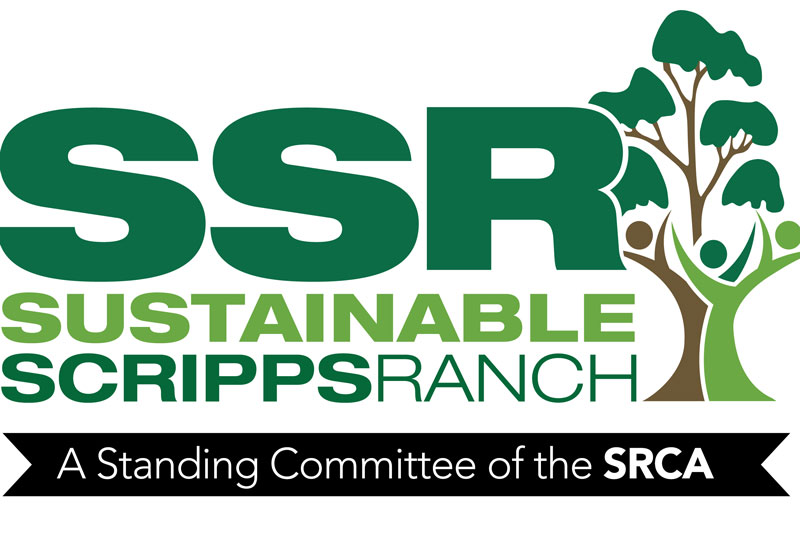
Healing through regenerative Farming
By Dr. Nicola Peill-Moelter
Conventional farming was a crowning achievement of the 21st century, succeeding in feeding the world with its scale, efficiency and chemistry. But that success has come at a high price to farmers, the environment and our health.
Conventional farming relies on an ever-growing volume of chemicals to deal with pests, disease and resistant weeds, costing farmers more and more money each year. The use of these toxic chemicals has significantly impacted wildlife, insects – like pollinators – and our own human health. Poor and compacted soils exacerbate cycles of droughts and floods decimating crops and bankrupting farmers. In 2012, the United Nations Convention to Combat Desertification estimated that the world loses 24 billion tons of soil annually because of conventional farming practices. That’s 3 billion tons per person. We can’t grow food without soil. Chemical and fertilizer runoff from farms and ranches flows into our waterways creating dead zones, like the Chesapeake Bay and the Gulf of Mexico, impacting oyster, crab and shrimp industries, among others. Agriculture writ large is responsible for 80 percent of global deforestation and almost a third of greenhouse gas emissions in the form of carbon dioxide and nitrous oxide.
None of this is sustainable – nor do we want to sustain the damage that occurs with conventional farming. We need to undo the damage and regenerate our Earth. Happily, there is a way to do that!
Regenerative farming can regenerate soils; restore wildlife and waterways; provide us with nutritious, chemical-free food; economically sequester enormous amounts of carbon; and restore farmers to profitability and free them from dependency on chemicals. Regenerative farming understands how nature grows plants and recognizes that the soil is a living ecosystem in symbiosis with plants. Its principles leverage this understanding to maximize crop productivity and health, and farmer profitability by creating a thriving soil ecosystem that also restores biodiversity, human health, water and carbon cycles, and eliminates pollution.
Dr. Nicola Peill-Moelter, resides in San Diego. She received her Ph.D. in Environmental Engineering Science from Caltec in 1997. In 2018, she stumbled upon regenerative farming when she read the book “Dirt to Soil” by farmer Gabe Brown. Nicola became obsessed with regenerative farming, recognizing that it is a cost-effective and scalable solution to address climate change and other environmental and social challenges.
Sustainable Scripps Ranch is a standing committee of the Scripps Ranch Civic Association. Visit scrippsranch.org/ssr or email SustainableSR@scrippsranch.org.
